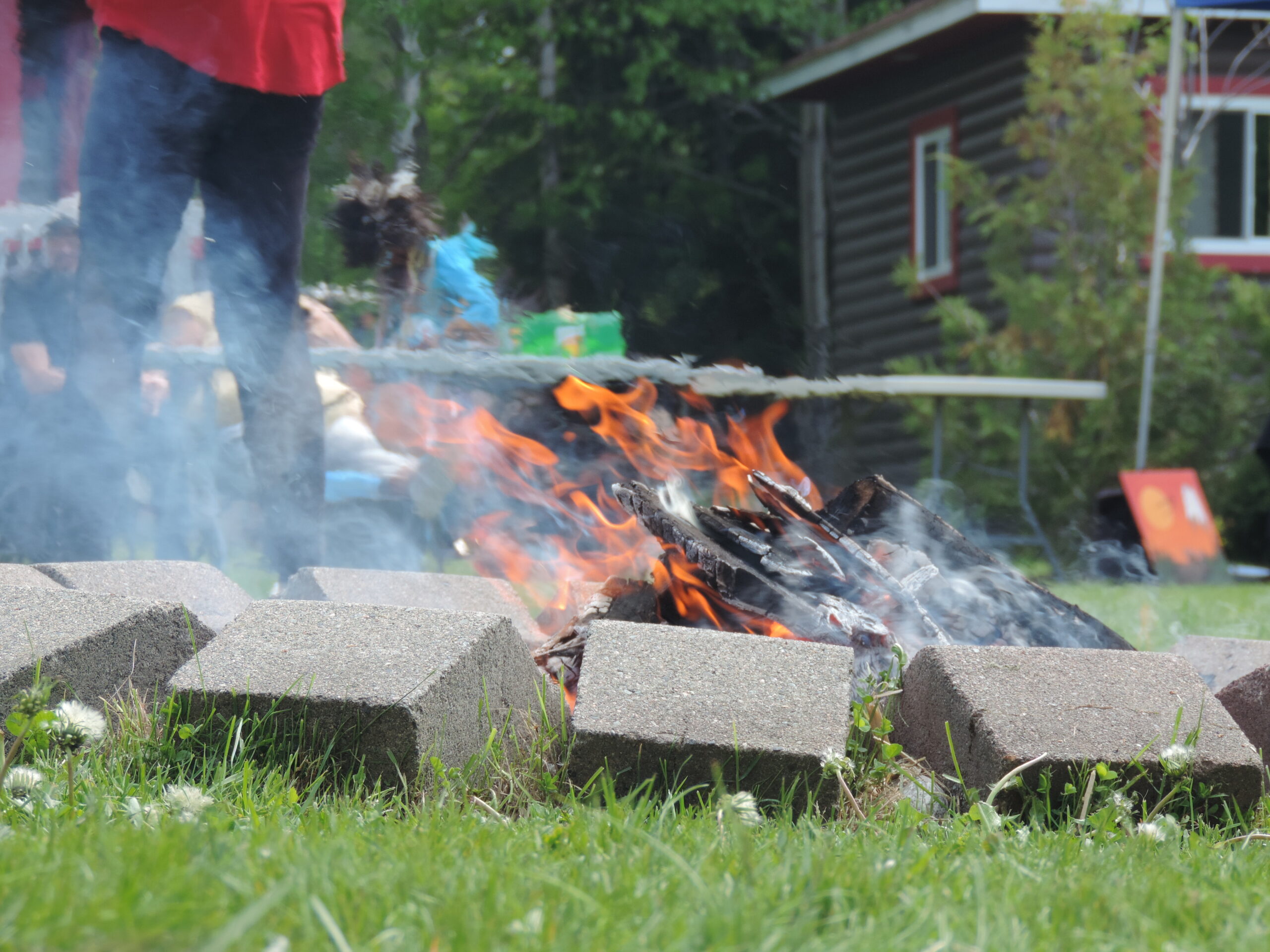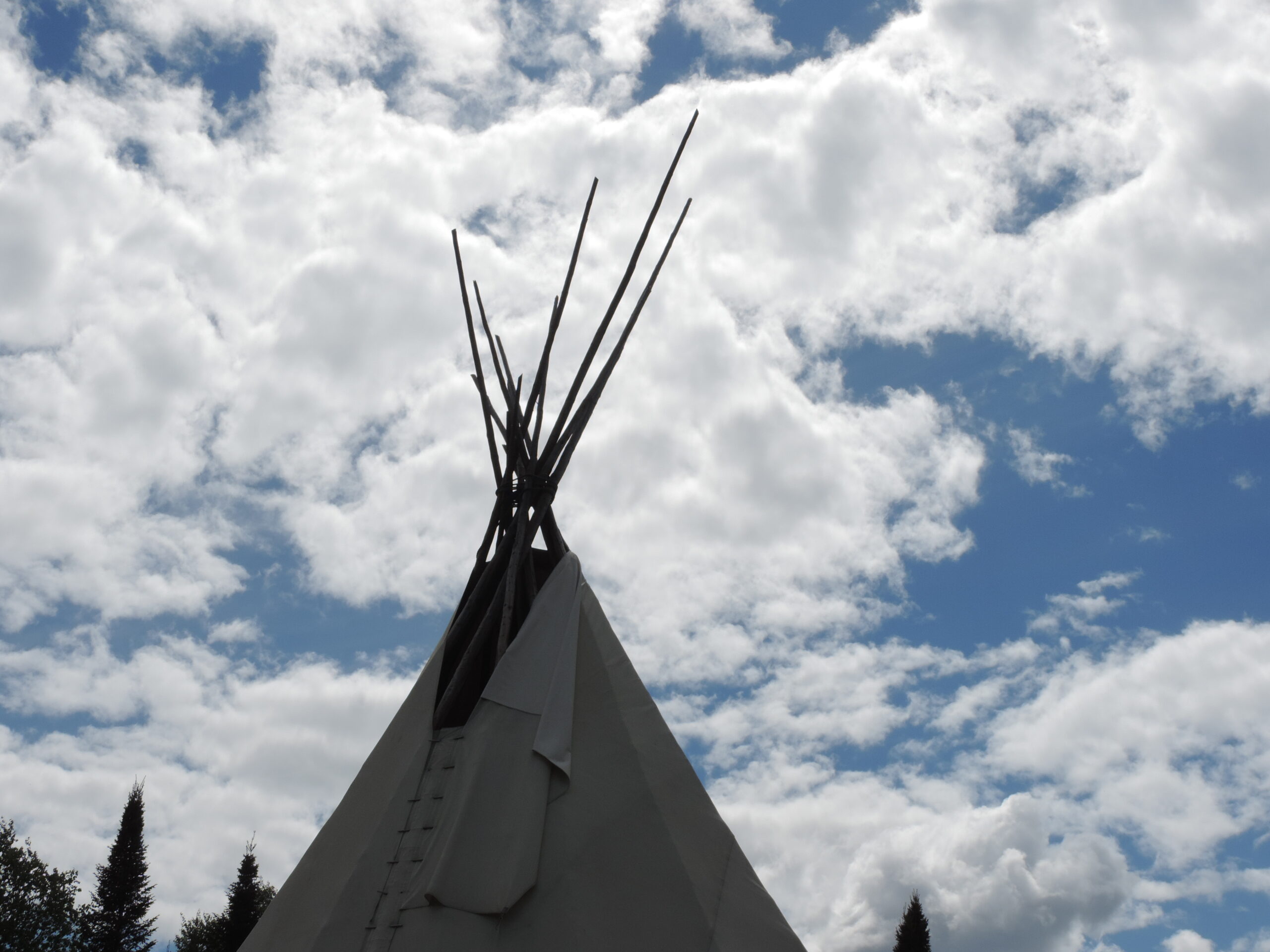Community-University Partnership: development practices, objects of study and intercultural communication.

This axis is considered from two complementary angles: on one hand, it looks at the partnership as a development practice that combines Indigenous and Western epistemologies in research and development work and, on the other hand, as an object of study through the exploration and conceptualization of partnership models, their development and implementation processes that help the development of respectful, highly ethical, relevant and valid practices for the communities. The very composition of the team draws a comparison of the situations experienced in Chile and Quebec (and this, in different nations), and highlights the best practices in partnership research in this context. This international collaboration also fosters the enrichment of our respective analytical perspectives. Indeed, intercultural communication and the interactive process between researchers, heirs of an academic culture, and Indigenous partners, heirs of a changing oral tradition, are the central element of the team’s activities. Understanding the situations in which academic and community participants operate is essential for the development of relevant knowledge and actions in the intercultural contexts concerned (Maheux, 2001; Pellerin et al., 2019). Few mechanisms are used for popularizing and transferring scientific knowledge between researchers and practitioners from different cultural backgrounds, but knowledge of social representations and practices is essential to the researchers’ understanding of the situations encountered by practitioners. Sharing these representations appears essential to ensure the validity and relevance of problematizing the objects of study and action of educational and training situations.
School curriculum, youth education and teacher training: practices of co-construction of intercultural school knowledge and initial and continuous training.

The central element of this axis is the school curriculum; we define it as an educational offer to which students have access in a given school according to the values and model of citizenship desired by a society (Maheux, 2016).
This axis refers to the development and implementation of a culturally appropriate school curriculum that is in line with Western standards, while integrating the cultural and identity elements specific to the communities concerned, with the aim of cultural safety for Indigenous students and teachers. It also refers to the analysis of preferred approaches in communities and the development of decolonization and indigenization practices in training programs for preschool, elementary and secondary school teachers. The guidelines for teacher training are also based on the modelling of an intercultural school curriculum. According to Godenzzi (2007), intercultural education makes it possible to “build equitable and supportive relationships, in addition to promoting a dialogue between subjects who, culturally, have different ways of seeing, feeling, valuing and knowing” (p.153). In the Aboriginal context, the fundamental learning patterns pertaining to traditional survival activities, developed in early socialization by the extended family and community, are different from those favoured in the Western school curriculum which is based on written tradition (Smith, 2012).
Indigenous identity, territory, languages, and cultures: practices of intercultural transmission.

This axis makes it possible to understand the cultural, language, territorial and identity phenomena that affect the development of education in an Aboriginal context. Identity and culture provide information on the type of relationship that each individual builds with his environment (F. Lévesque, 2014).
In Indigenous communities, the tensions inherent to the maintenance of traditions, the necessities of contemporary life, the values specific to communities and the languages that coexist complicate this construction. However, the quest for balance yields clues that allows everyone to evolve with respect for the other. Recognition of the equal status and interdependence of groups of partners in an intercultural context, namely Indigenous communities and university educators, are founding principles of the relationship between team members as a whole. In this sense, the establishment of intercultural dialogue is an essential condition for the realization of any activity in this work context (Amittu et al., 1988; Maheux et al., 1996; Quilaqueo et al., 2016; Uitangak et al., 2014). This axis therefore refers to the understanding of cultural and identity phenomena that affect the development of education, and to the analysis of practices aimed at the emancipation and protection of an involuntary ethnocultural minority that defends its right to self-determination. The challenges of schooling arise when the achievements of the first socialization meet the educational offer. Since traditional cultural knowledge is almost exclusively in the memory of elders, its contribution to the construction of young people’s identity at school is essential. In this context, certain questions arise: what are the desired and possible strategies for preserving the evolving, or even weakened, language and cultural identity? What are the theoretical foundations, principles, and action strategies of a teacher training approach (Indigenous and non-native) supporting the construction of young people’s identity? What are the challenges posed by systemic racism that have always prevailed in the curricula of official history education in Quebec, and therefore of teacher training and education administration as public services, and of which the death of Joyce Echaquan can be considered an indicator?
 Axis 1
Axis 1  Axis 2
Axis 2  Axis 3
Axis 3